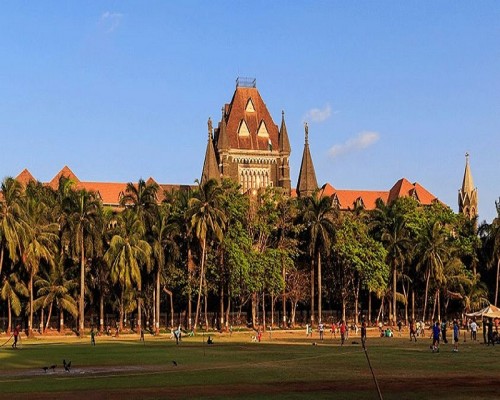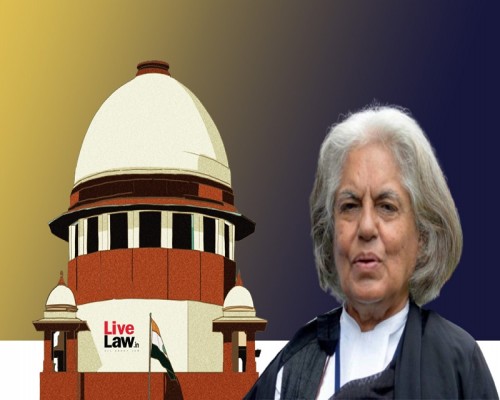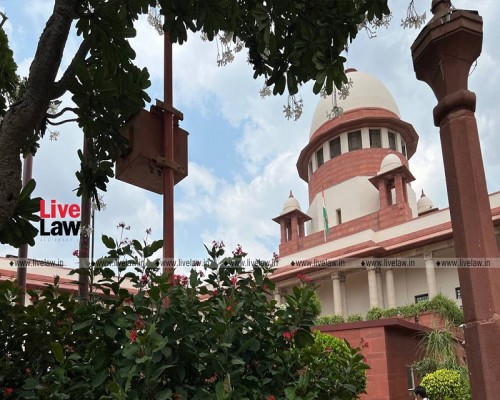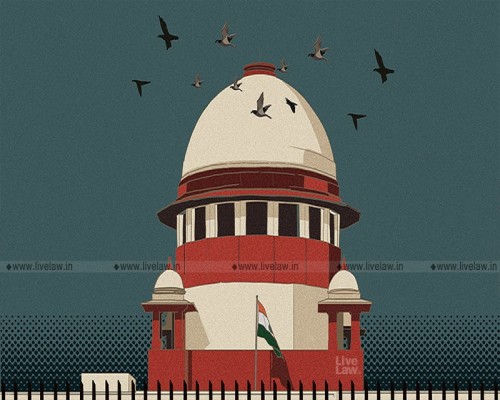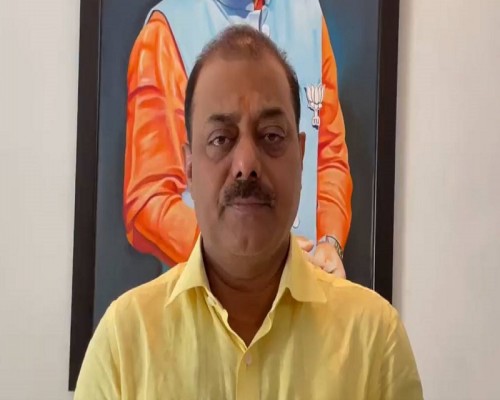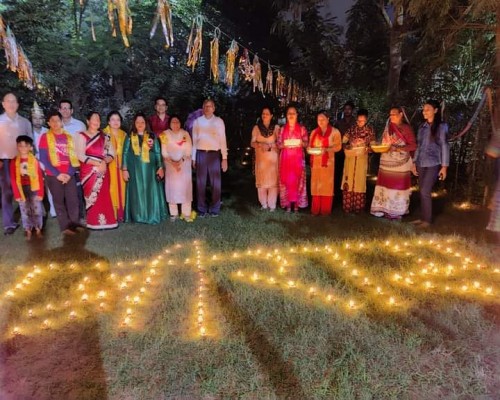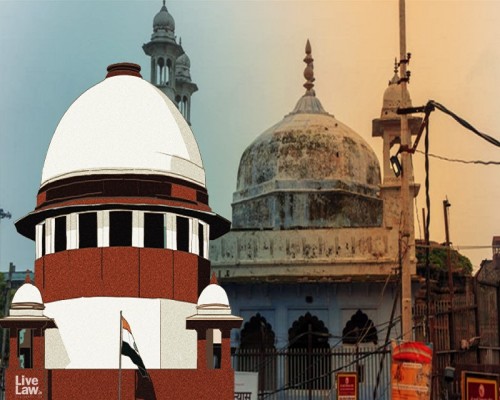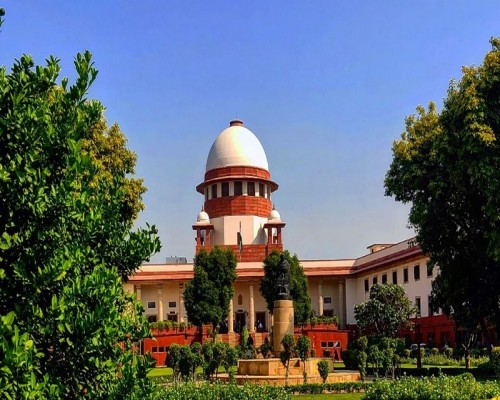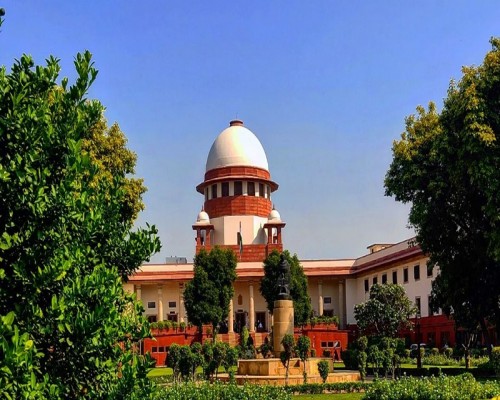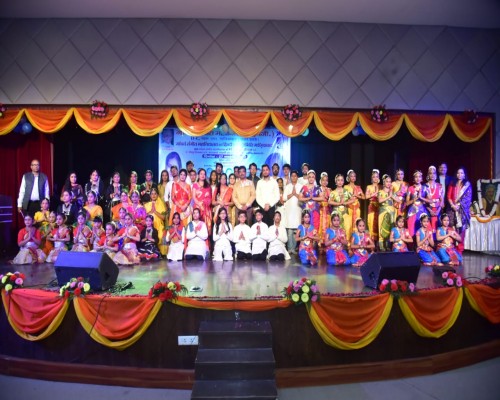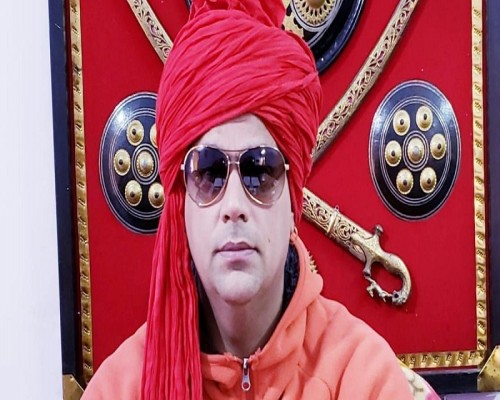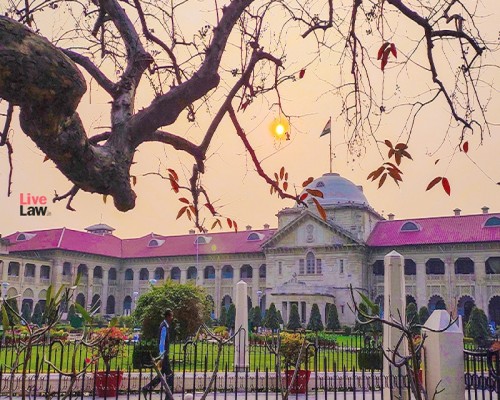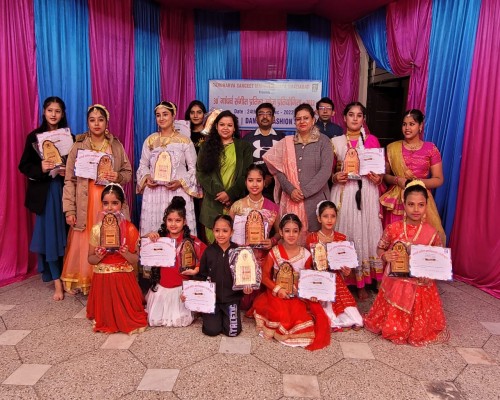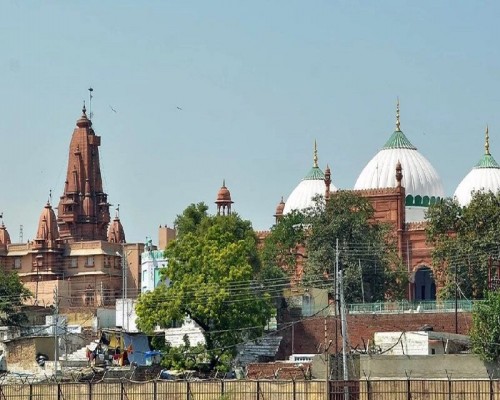DNA Test Will Reveal the Ancestry of Jatayu Vultures
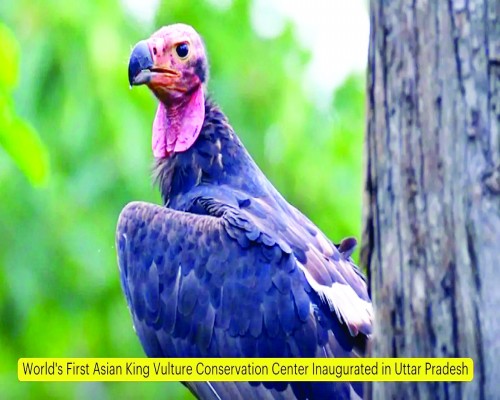
For the first time, DNA testing will be conducted on the six Rajnigha (Red-Headed Vultures) kept at the country's first Jatayu Conservation and Breeding Center in Gorakhpur. Samples from these vultures will be sent to a laboratory in Hyderabad for testing. The DNA test will determine whether the six vultures (one male and five females) have different parents or not. If their parents are not related, these vultures can be paired for breeding.
The Jatayu Conservation and Breeding Center was inaugurated by Chief Minister Yogi Adityanath on 29th September. During the inauguration, the Minister of Forests announced that the vultures had been brought from the forests of Chitrakoot. However, it remains uncertain whether the vultures belong to the same lineage. If the vultures have different parentage, breeding pairs will be created; otherwise, efforts will be made to source other vultures.
All Rajnigha Vultures Were Brought from the Same Place
The vultures were captured from the forests of Chitrakoot and brought to the conservation centre. As all the vultures were brought from the same location, there is concern that they might belong to the same lineage. However, the forest department is planning to bring other vultures from the forests of Lalitpur. If new vultures are found in Lalitpur, they will be paired with the Rajnigha vultures for breeding.
Purpose of the Conservation Center
Vikas Yadav, DFO (Divisional Forest Officer), said, “The purpose of the Jatayu Conservation and Breeding Center is to increase the number of vultures. DNA testing will help in identifying the lineage of the vultures, which is essential before breeding.”
For the DNA test, samples from their feathers have been collected and sent to the laboratory in Hyderabad. According to experts, each female vulture lays only one egg per year, and this egg is incubated for about 45 days. The survival of the young vultures depends on the health of their parents, especially if they are unrelated. In addition to genetic problems, vultures also face physical deformities, poor development, and hereditary diseases, which increase the mortality rate among them. Therefore, the department decided to conduct DNA tests before proceeding with breeding.




